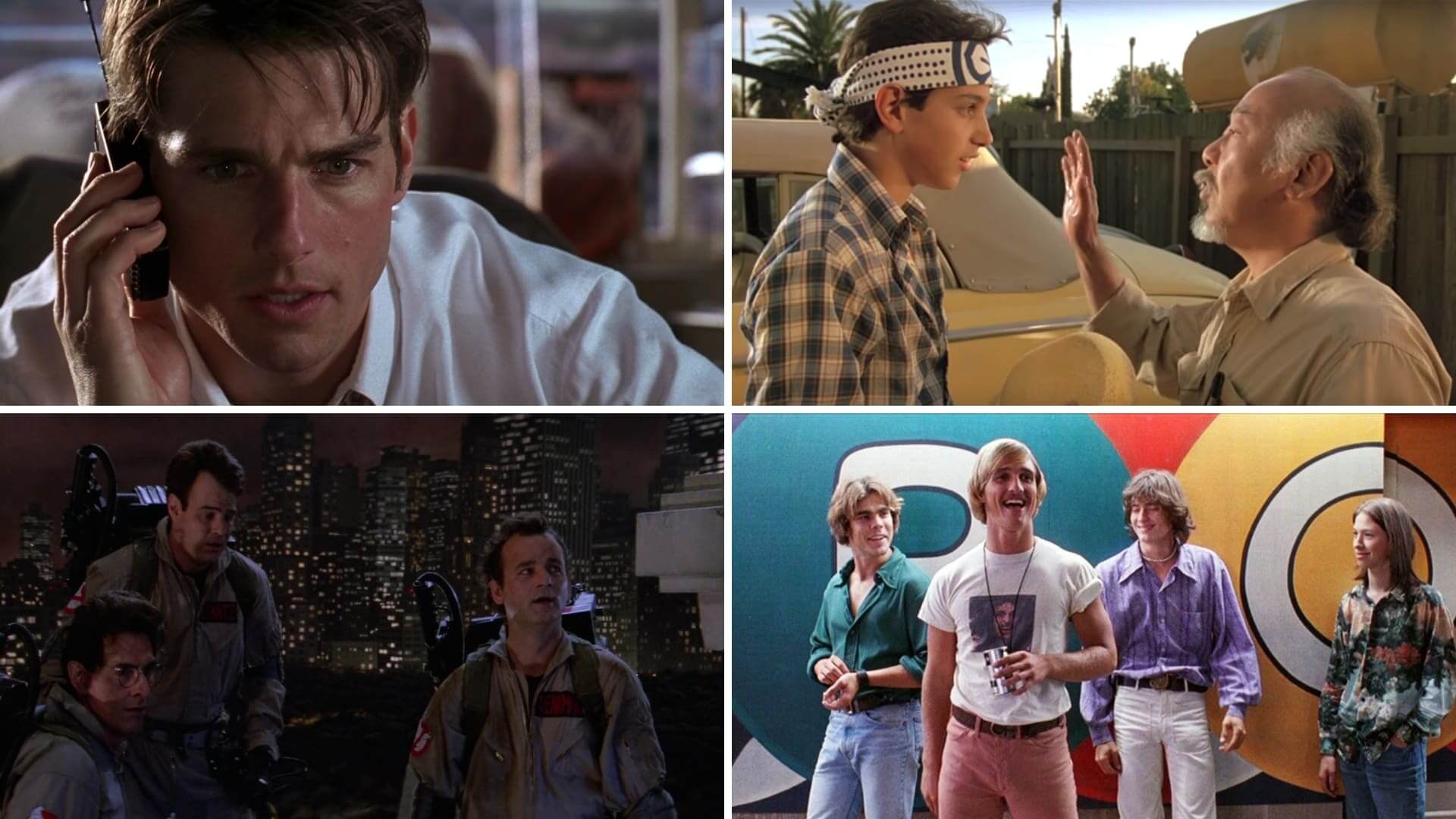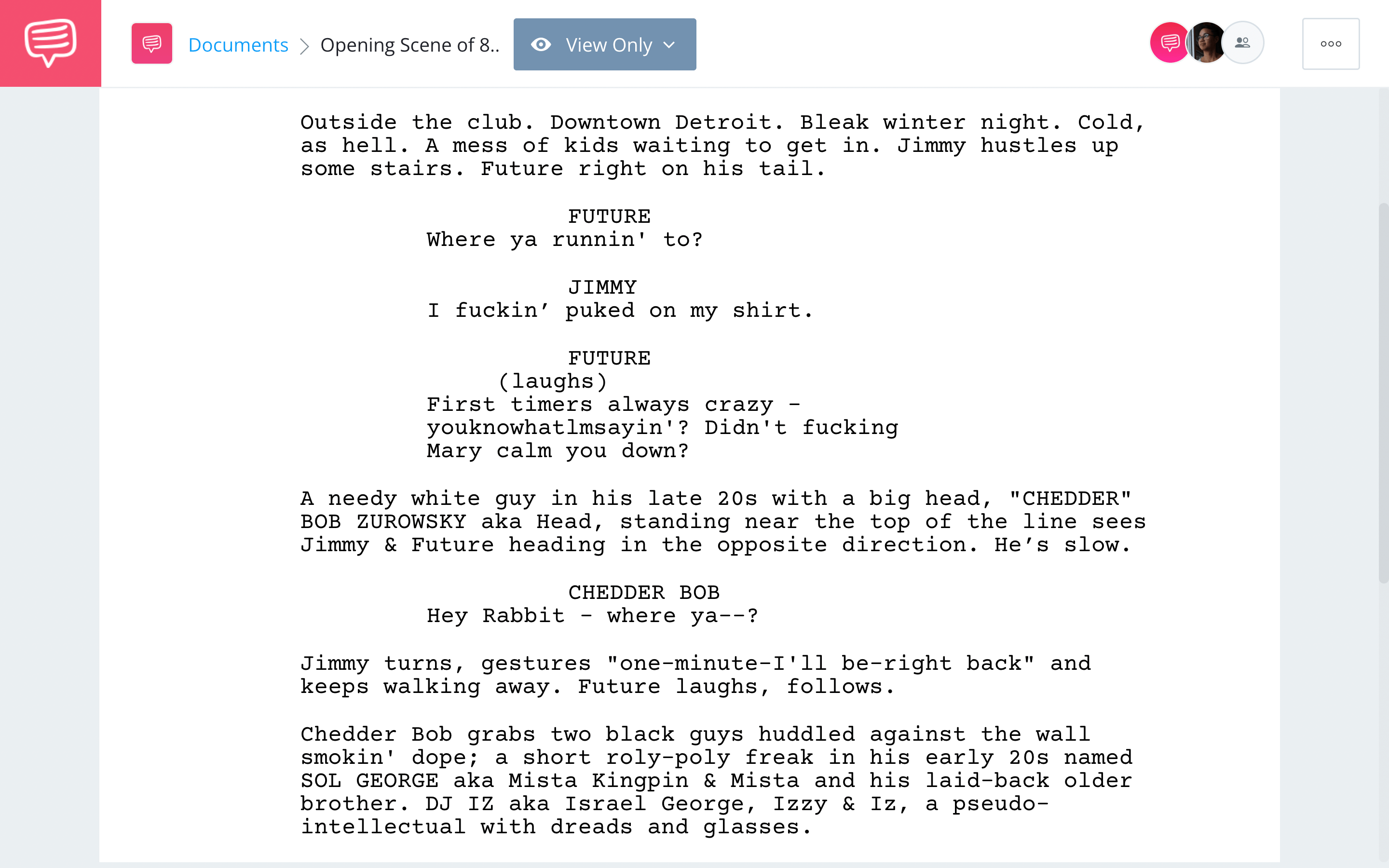You might not know what a colloquialism is, but I can guarantee you have used one at one point. What is colloquialism used for? In this article, we’ll explore the colloquialism definition and look at why and how it is used by writers in literature and cinema.
Colloquialism Definition
First, let’s define a colloquialism
Colloquialism can often be mistaken for other literary devices and terms like a euphemism. To distinguish it, let’s look at the colloquialism definition.
COLLOQUIALISM DEFINITION
What is colloquialism?
A colloquialism is an expression or word used informally in casual conversation. Colloquialisms are formed in language over time within a language, time period, or geographical region. The term derives from the Latin “colloquium” which means “conversation.”
What Does Colloquialism Mean and Do?
Examples of Colloquialism
What is colloquialism used for? Now that we were able to define colloquialism let's look at some of the reasons one might use it and how.
Colloquialism examples in everyday speech
You likely use colloquialisms daily. Here are a few examples:
Rain check: Postpone the plan
Y’all: Short for you all
Wicked: Very or really, specific to the American Northeast
Head over heels: Deeply in love
Ain’t: Is not
The most obvious use of colloquialism is within dialogue. When writing dialogue in literature, it can be difficult for it to sound realistic and natural. Using colloquialism can make fictional conversation sound more realistic, further emerging an audience or reader into the story.
Colloquialism examples in literature
“You’re not gonna change any of them by talkin’ right, they’ve got to want to learn themselves, and when they don’t want to learn there’s nothing you can do but keep your mouth shut or talk their language.” To Kill a Mockingbird, Harper Lee
“It was rough living in the house all the time, considering how dismal regular and decent the widow was in all her ways; and so when I couldn’t stand it no longer, I lit out.” The Adventures of Huckleberry Finn, Mark Twain
“‘Jes’ a little stretch down the high,’ he says. ‘Jes’ a little stretch.’” Of Mice and Men, John Steinbeck
Of course, screenwriters will also use colloquialisms to make their dialogue sound more humanistic.
Related Posts
Colloquialism examples in film
A great example of this can be found in the opening scene of 8 Mile. The colloquialism “youknowhatlmsayin'” is used to add realism to the dialogue. We brought the 8 Mile screenplay in the free StudioBinder screenwriting app to show you how the colloquialism is even condensed into one word to exhibit the phonetics of it.
8 Mile Opening Scene • Read Full Scene
Another great example can be found in Good Will Hunting. In one of the scenes, Will (Matt Damon) and his friends go to a bar near Harvard. Colloquialisms further contrast their South Boston characters from the Ivy league students of Harvard.
Perhaps the most famous quote in the scene (and perhaps film) is an example used for this reason perfectly. After the verbal confrontation, Chuckie tells the girls “My boy’s wicked smart.”
This colloquialism, especially after hearing the dialogue of Harvard students, further establishes the Southie characters we’re following in the film.
Related Posts
Define Colloquialism in Launguage
Colloquialism vs slang vs jargon
Colloquialism can oftentimes be confused with other literary terms — namely, slang and jargon. There’s a lot of overlap between the labels, but there are some differences.
Colloquialism vs slang
Slang refers to informal speech specific to a group of people. Most frequently, slang is allotted to terms favored by young people. As such, many consider slang to be a subset of colloquialisms.
But others argue that colloquialisms need to have geographic specificity. Slang, meanwhile, can span a wide range of localities, as long as it’s specific to a group of people.
Colloquialism vs jargon
Jargon, on the other hand, refers to language that is specific to a profession. If a mathematician starts rattling off proofs and calculus theorems, they’re utilizing jargon.
Jargon, however, doesn’t have to be informal– in fact, it can be even more formal than everyday speech. That’s what can separate it from colloquialisms. That said, if jargon is informal, it can be categorized as a colloquialism.
Related Posts
Up Next
What are Literary Devices?
Interested in learning about more literary devices to add to your repertoire as a writer? Check out our next article where we dive into what literary devices are and how they can be used in writing both literature and screenplays to elevate your storytelling.

